Lessons from a Garden Spider
An ordinary spider assists a multilingual third-grade classroom.
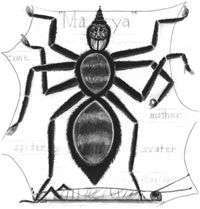
An ordinary spider assists a multilingual third-grade classroom.
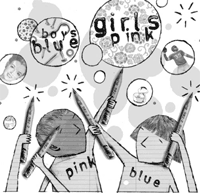
A unit on gender stereotypes inspires students to take action.

Teachers can help students express values both in and outside of the classroom.
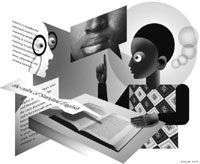
Nurturing student writing to make it language of power”.”

A first-year teacher’s naivety has repercussions.
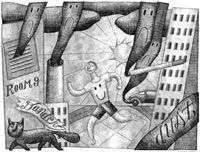
A Rethinking Schools editor explores the environment’s effects on her students’ health in the classroom.
A first-grade teacher uses the 1908 Bread and Roses textile strike to help her students understand International Women’s Day.
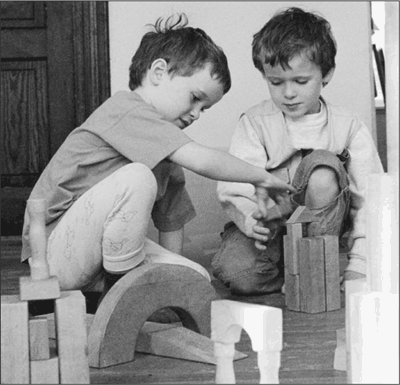
This content is restricted to subscribers

An elementary school teacher developed the Quetzal Conundrum game to help students understand the impact of global warming in Costa Rica.
The ongoing, persistent verbal and physical violence against women, youth, and LGBTQ communities has not been adequately addressed in most schools. Instead of educating children and youth about gender equity and sexual harassment, schools often create a culture that perpetuates stigma, shame, and silence. Student-on-student sexual assault and harassment occurs on playgrounds, in bathrooms and locker rooms, on buses, and down isolated school hallways. Students experience sexualized language and inappropriate touching, as well as forced sexual acts. And they encounter these at formative stages of their lives that leave scars and shape expectations for a lifetime. What isn’t addressed critically in schools becomes normalized and taken for granted.
Right away I recognized her. Ruby Bridges. The courageous girl who defied white racists and became the first to integrate an all-white elementary school. My 7-year-old son pulled a handout out of his backpack with her face on it. He is in a bilingual, two-way immersion program at our local elementary school. As is our custom on Friday, we emptied his backpack and sorted the contents. We determined what needed to be recycled, what would be hung on our whiteboard, and what needed to be stored in my Things-to-take-care-of box by the fridge. I smiled, because as a former history teacher and lover of Black history, I was happy to see my son learning about this important historical moment. And then, I took a closer look and saw that it was in Spanish. I was elated as it dawned on me that my son truly is emergent bilingual. “Caleb, what’s this about? Did you read this in school?”

An elementary school teacher uses his students’ T-shirts to launch a lesson about child labor, basic economics, factories, unions, and strikes. “When I was a child, I remember ‘playing pretend’ with my cousins. We could be anyone we imagined, and in that moment, we were those people. Why not use that energy and imagination as a resource? When we use our imagination to walk in another’s shoes, that’s where real learning begins.”
I was just about to finish my second year teaching 2nd grade. It was the first week of June and school was quickly coming to a close. The sun was out and everyone’s energy was extraordinarily high. We were in Seattle after all; when the sun comes around, you rejoice. One morning that week I came to work and noticed I had an email from a parent. This was a parent I had a good relationship with, and she often checked in to see how her daughter was doing. But this email was different. The mother explained that her daughter had been cornered at recess the previous day by some boys who were also 2nd graders. The boys grabbed, groped, and humped her. They told her they were going to have sex with her. Her daughter told them to stop and to leave her alone, but they persisted. As this sweet one told her story of shame, confusion, and hurt to her family later that day, she became so upset that she threw up in the car. Her mother knew this wasn’t a miscommunication or misunderstanding.
To all of my students: I believe you.
Every Monday morning Lilly would walk into our 1st-grade classroom with downcast eyes and a heavy heart. She would wait for everyone to settle in and then quietly beckon me over to her seat and say, “My head hurts.”
It became a routine. I would stroke her head and say, “I know you miss your dad. Let’s try participating in school and see if it helps you feel better.” This seems like a reasonable response from a seasoned veteran teacher in her 31st year of teaching. My message to Lilly was I understand children, I understand your life, and I know what is best for you.
Students analyze cartoons from Popeye to Brave to see how media teaches children white- and male-supremacist ideas.
Recently, a Rethinking Schools editor was a chaperone on a field trip when he overheard a 2nd-grade student talking about how he wanted to “nuke the world.” Taken aback, he […]
A teacher wrestles with explaining refugee crises, dictators, and the trauma of war to her 1st- and 2nd- grade classroom.
A teacher adapts the “Climate Change Mixer” designed for older students as a springboard for a unit on global warming and climate justice.
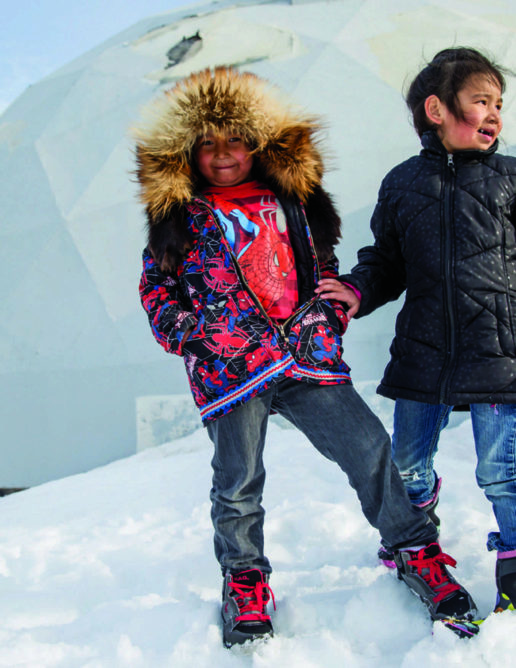
A journalist explores the way Indigenous language and community is connected to the classroom in several communities in Alaska, and explores how educators there have built new frameworks to fight against Eurocentric curriculum.
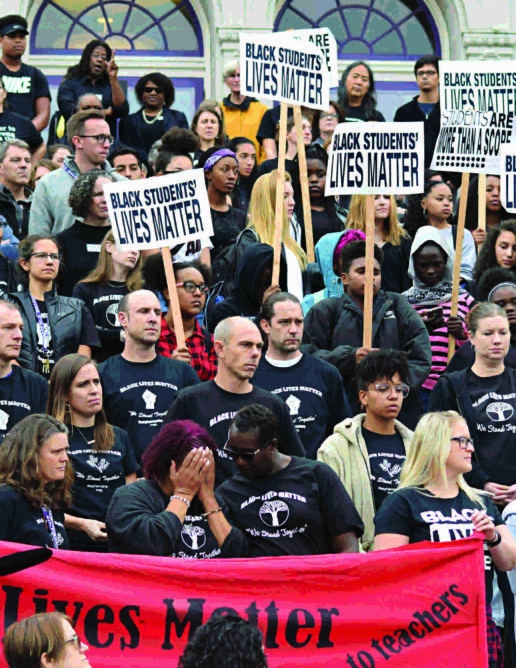
Teachers at one Seattle school show the important role educators have to play in the movement for Black lives, in part by creating a Black Lives Matter at School day, having 3,000 teachers wear Black Lives Matter T-shirts, and responding together to issues like the death of Charleena Lyles.
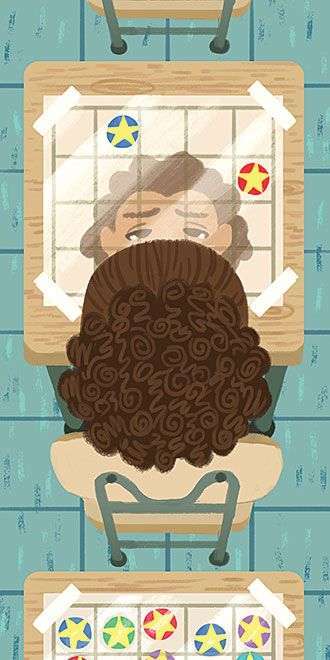
A paraprofessional exposes the harm of substituting compliance for content at a school for special needs students.
One of a Kind, Like Me/Unico como yo by Larin Mayeno // Illustrated by Robert Liu-Trujillo // Blood Orange Press, 2016 Jacob’s New Dress by Sarah and Ian Hoffman // […]
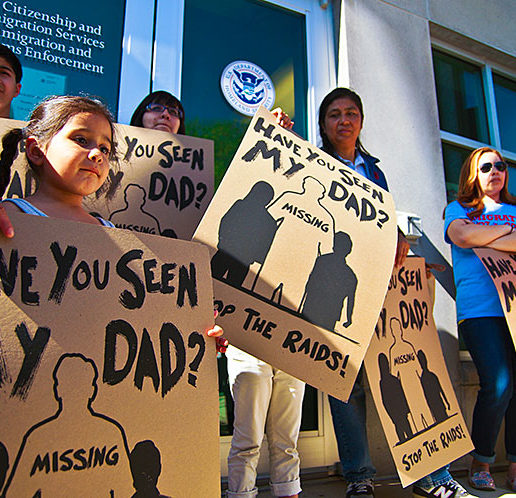
Una maestra de primaria se da cuenta que debe dejar a un lado el guión y la antología de su currículo para encontrar literatura latina en español y abrir un espacio a las vidas de sus estudiantes.

Los estudiantes de segundo grado escriben junto con sus familias, desafiando las políticas monolingües, anti-inmigrantes, y de segregación de Arizona.

Second graders and their families write together, countering Arizona’s English-only, segregated, and anti-immigrant school policies.